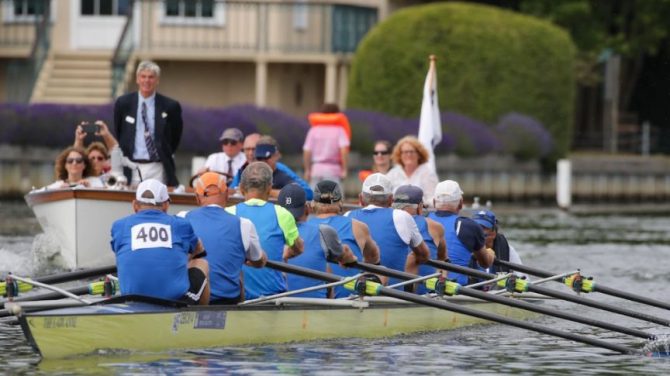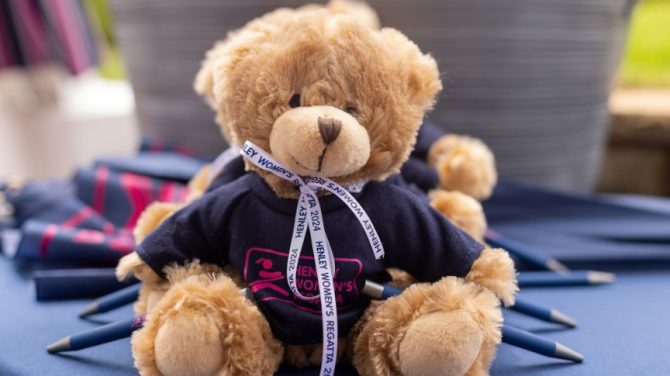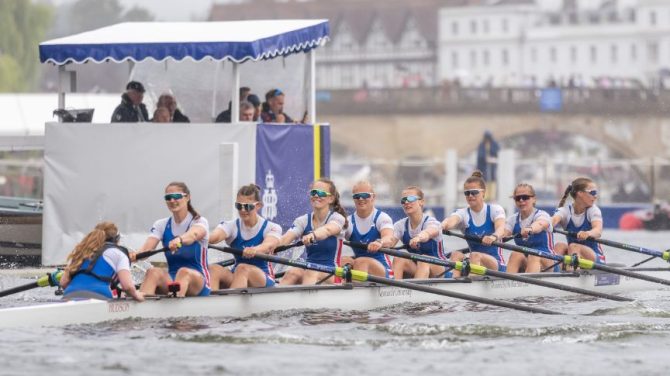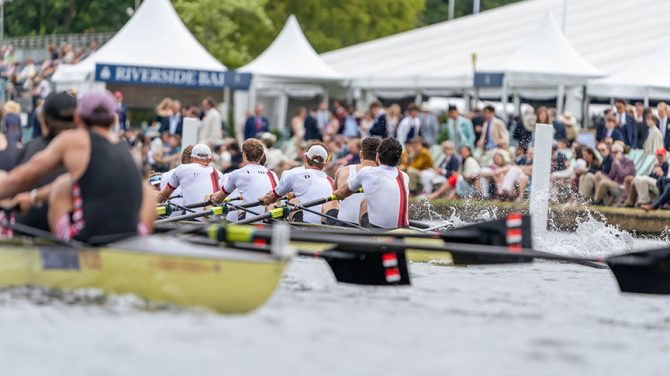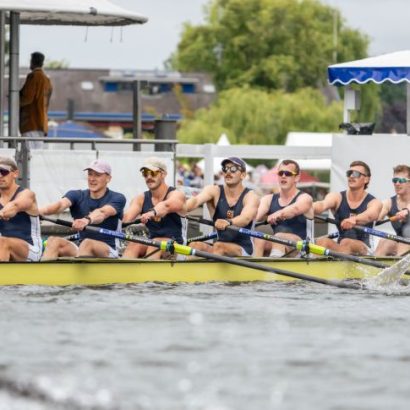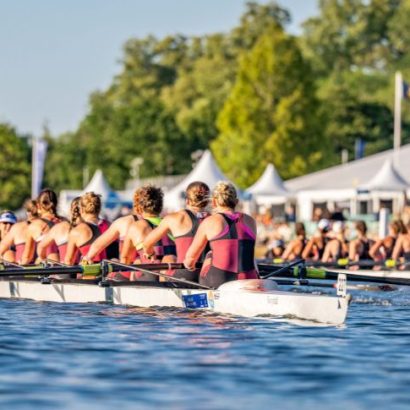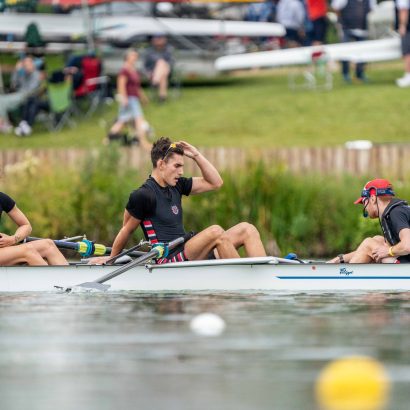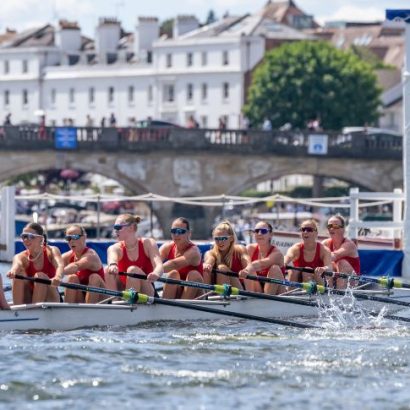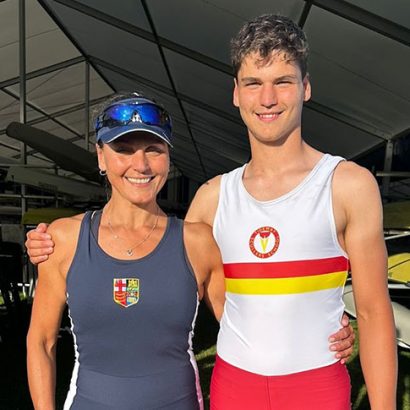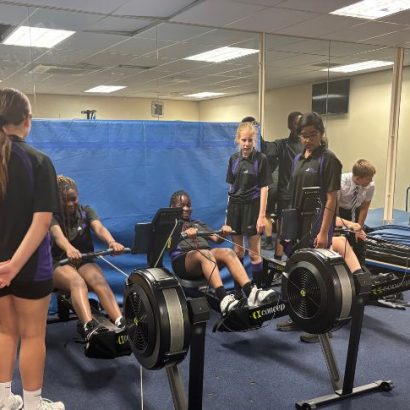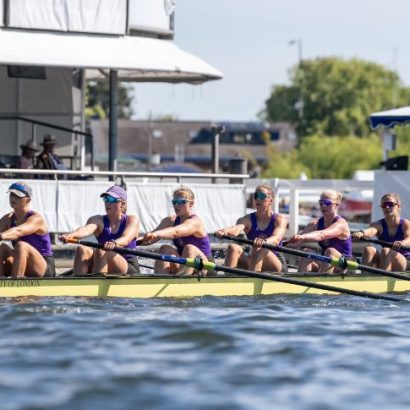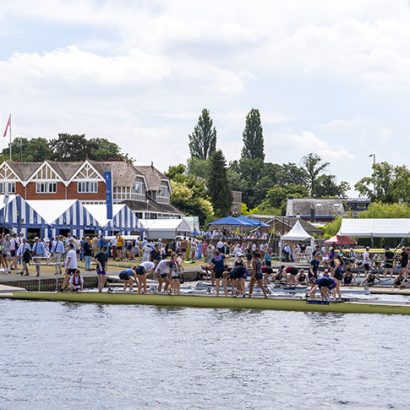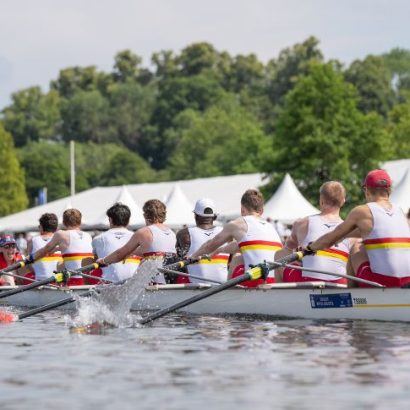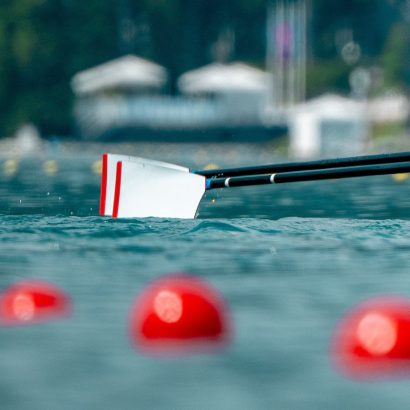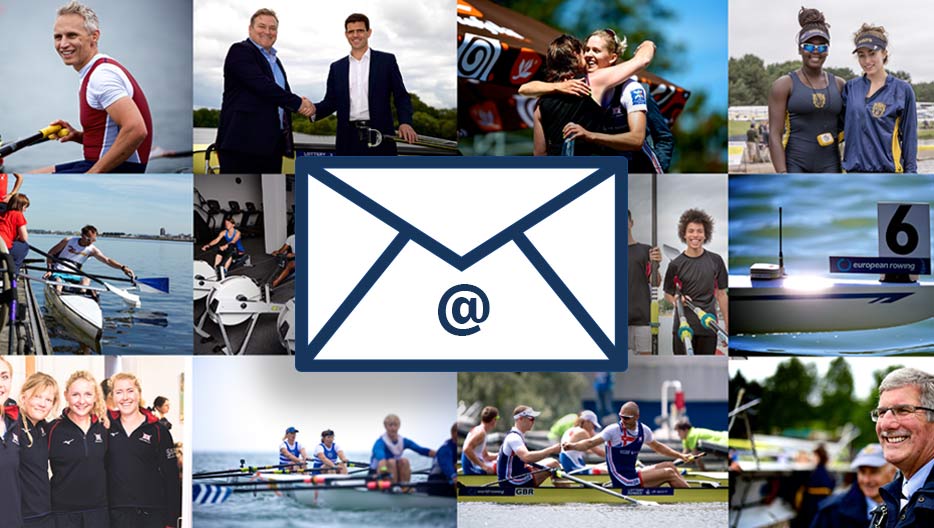News
London Regatta Centre to host Annual GB v France Competition
Fifty-four J16 athletes and eighteen coaches and support staff, many of whom are volunteers, have been selected to represent Great Britain at the 43rd GB v France match
British Rowing Member Prize Draw – July 2025
We have one Henley Women’s Regatta Teddy Bear to give away in this month’s exclusive British Rowing member prize draw
A right Bobby Dazzler! Newcastle University back in the final of the Island Challenge Cup
After the race of the day, Newcastle University are back-to-back finalists at Henley Royal Regatta
Thames RC ‘A’ vs De Hoop: A HRR rivalry with three wins in three years for the Tideway club
Three years, three races, one result – we dig into this enduring, international battle between the booms
London RC braced for redemption rematch in the Thames Challenge Cup
London RC reach the final of the Thames Challenge Cup for the first time since 2006
Read MoreThe story behind Bristol University Boat Club’s record entry to Henley Royal Regatta
We caught up with Senior Coach Freddie Bryce in the boat tents at HRR to talk about Qualifiers, their week of racing so far and what’s next for this exciting club
Read MoreRosa Millard and Thames RC set for a title defence at the British Rowing Club Championships
After winning the Mixed Eight amongst other events, Thames RC are back for more, and there are some brilliant prizes on the line
Read MoreHistory made as the Bridge Challenge Plate takes flight
Marlow RC write itself into the history books as the Bridge Challenge Plate makes its debut at Henley Royal Regatta
Read More“It has really bonded us”: Mother and son race at Henley Royal Regatta
Lizzy of London RC and Felix of Tideway Scullers both qualified their boats for HRR and had the incredible experience of competing in consecutive races down the iconic course
Read MoreBritish Rowing expand indoor rowing partnerships with Dixons Academies Trust
British Rowing and Dixons Academies Trust deliver a new indoor rowing partnership, breaking down barriers to participation
Read More‘We’ve got 42 students qualified’: Dominant depth on day two of Henley Royal Regatta
Molesey BC and the University of London shine as records are broken on the second day of Henley Royal Regatta
Read MoreOverheard at the Henley Royal Regatta boat tents: What is your rowing career highlight?
HRR plays host to athletes at every stage of their rowing career – here are the moments that stuck with them
Read More“One of the best moments we’ve had in recent years.” Marlow and Tideway Scullers shine on day one of Henley Royal Regatta
Under the beating sun, Henley Royal Regatta served up some outstanding racing on day one
Read MoreStudent athletes to represent GB at the 2025 World University Games, Rhine-Ruhr
Twenty-six student athletes and 7 support staff have been selected to race at the World University Games taking place at Duisburg, Germany from 25-27 July 2025
Read More

